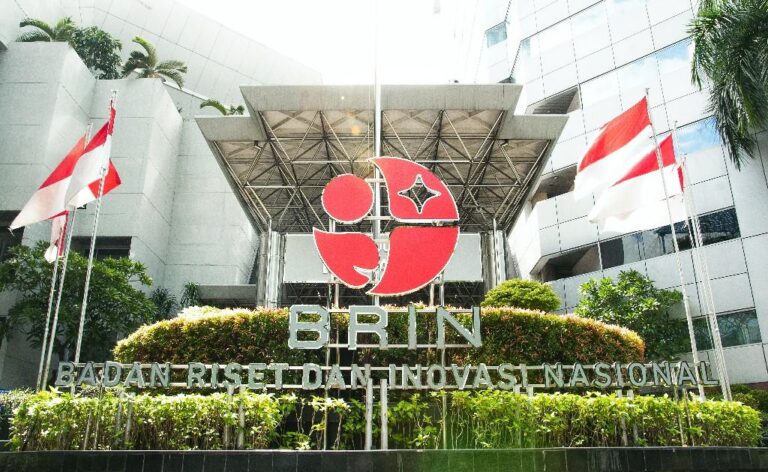To tackle the plastic waste problem, the Indonesian National Research and Innovation Agency (BRIN) is collaborating with the International Atomic Energy Agency (IAEA) to develop a nuclear technology to control plastic pollution (Nutec Plastic).
Totti Ciptosumirat, a senior nuclear technology expert at BRIN’s Radiation Processing Technology Research Centre, said the IAEA considers Indonesia a model country for the use of nuclear technology to treat plastic waste.
As a result, Indonesia has been designated a model country in the Asia-Pacific region under TC INS 1031, the IAEA’s flagship environmental programme that focuses on reducing plastic waste globally, including in Indonesia.
“TC INS 1031 related to NUTEC Plastics aims to mitigate plastic waste or recycle plastics using nuclear technologies, specifically Electron Beam Machining (EBM),” Totti said in Jakarta, Saturday (20/7).
As part of the collaboration, the IAEA will provide BRIN with a 2.5 MEV Electron Beam Machining (EBM) machine, which will not only facilitate the recycling of plastic waste but also support various future research and development efforts.
Internally, BRIN researchers from the Nuclear Energy Research Institute are coordinating and have selected the location for the EBM at BJ Habibie Science and Technology Zone in Serpong, South Tangerang Regency, Banten Province.
The goal is to maximize the use of infrastructure in Indonesia for research purposes, industrial development, economic expansion, and production.
IAEA Senior Programme Manager Petra Salameh expressed the agency’s support for Indonesia’s development of an electron beam facility for polymer modification.
Salameh highlighted that Indonesia has made great progress in both the upstream recycling components and downstream marine monitoring.
“We hope Indonesia will continue its efforts and achieve sustainable success,” she said.
Tita Puspitasari, Director of BRIN’s Radioisotope, Radiopharmaceutical and Biodosimetry Technology Research Centre and National Project Coordinator for the IAEA’s RAS 1024 project, highlighted BRIN’s long-standing commitment to the NUTEC Plastics programme.
“This waste management needs to be coupled with advanced nuclear technology. Plastic waste is cheap or has little value, but nuclear technology can add significant value to this waste within the industry and make it commercially viable,” Tita said.
The EBM facility is expected to be a key asset in accelerating downstream processing of products developed at NUTEC Plastic. As the EBM process is chemical-free, operates at room temperature and is simple, it serves as an alternative to claim the products are environmentally friendly.
This collaboration marks a major step forward in Indonesia’s efforts to tackle plastic pollution through innovative and sustainable technologies.


